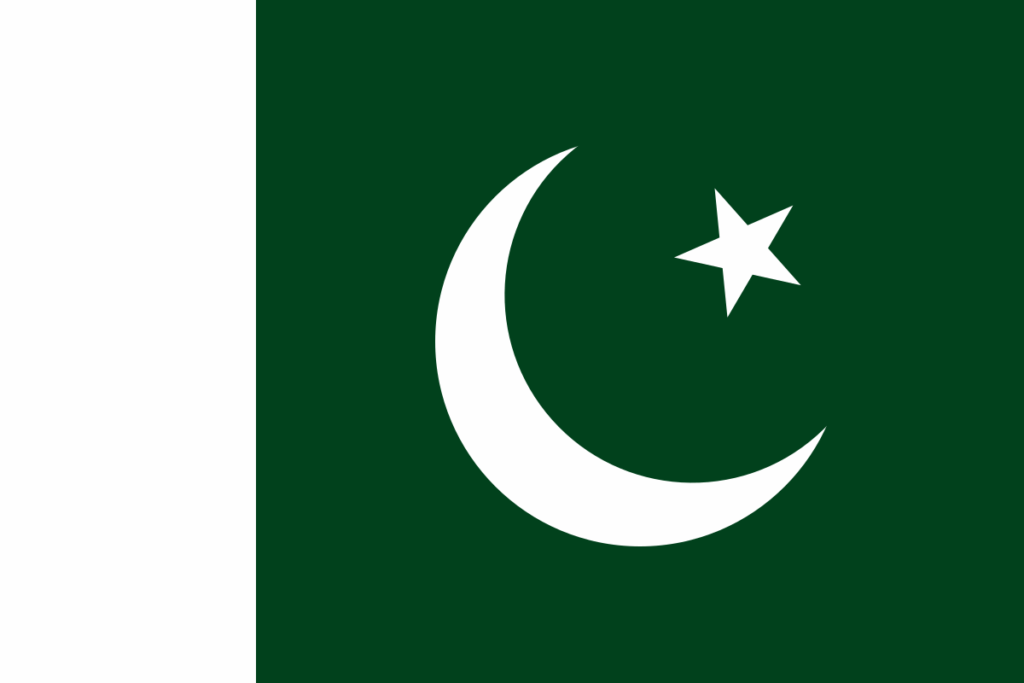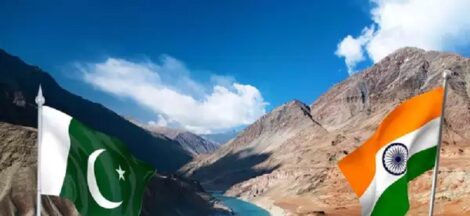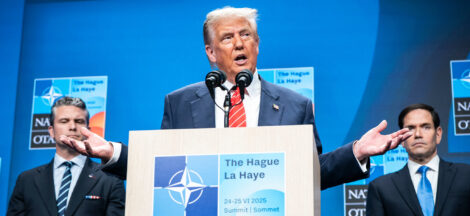Pakistan’s recent appointments to pivotal counter-terrorism positions within the United Nations Security Council have triggered unease among diplomatic circles, particularly in New Delhi. The country now chairs the sanctions committee overseeing the Taliban, serves as vice-chair of the Counter-Terrorism Committee established after the 9/11 attacks, and holds a key role in the working group responsible for the UN’s sanctions regime. These significant responsibilities have raised questions regarding the alignment of Pakistan’s international counter-terrorism commitments with its regional policies and strategic interests.
The sanctions committee Pakistan now leads is tasked with monitoring and enforcing measures against Taliban entities, a group linked to decades of conflict and terror activities across South Asia. This role requires rigorous oversight of sanctions implementation, including travel bans, asset freezes, and arms embargoes. At the same time, the Counter-Terrorism Committee vice-chair position places Pakistan in a central role coordinating the global response to terror threats, which includes assessing state compliance with Security Council resolutions and recommending policy actions. The working group assignment adds to these responsibilities by overseeing the UN sanctions regime’s effectiveness and adaptability.
Pakistan’s elevated profile on these committees comes at a time of intensified scrutiny over its regional security policies. India’s concerns are rooted in Islamabad’s perceived historical ambivalence towards terrorist groups operating from its soil. Despite Pakistan’s repeated denials of harbouring militants, various intelligence and diplomatic sources attribute ongoing cross-border attacks and insurgency support to elements within the country. The appointments have therefore sparked critical commentary in Indian political and strategic circles, where they are seen as a diplomatic anomaly given the context.
New Delhi’s frustration reflects deeper tensions surrounding counter-terrorism cooperation in South Asia. India has persistently advocated for tougher international action against Pakistan-based terror networks, highlighting evidence of planning and funding originating from within Pakistan. It has pushed for enhanced sanctions and stricter monitoring mechanisms at the United Nations, arguing that Pakistan’s role as a counter-terrorism enforcer risks undermining these efforts. Critics argue that placing Pakistan in charge of Taliban sanctions might weaken enforcement due to potential conflicts of interest, as Islamabad maintains complex relations with the Taliban leadership, balancing strategic and ideological considerations.
From Islamabad’s perspective, the appointments provide an opportunity to project itself as a committed partner in the global fight against terrorism. Pakistani officials have emphasised their cooperation with the UN and international community, citing arrests and actions taken against terror operatives within their borders. They assert that these roles enable Pakistan to contribute constructively to global security frameworks and to influence regional stability positively. However, analysts note the delicate balancing act Pakistan faces, managing its strategic interests in Afghanistan and the broader region while adhering to international counter-terrorism norms.
The Taliban’s ongoing control over Afghanistan adds further complexity to Pakistan’s position. Since the group’s return to power, the international community has debated recognition and engagement strategies, often focusing on counter-terrorism assurances. Pakistan’s chairmanship of the sanctions committee tasked with overseeing Taliban-related restrictions places it at the heart of these diplomatic efforts. While Pakistan advocates for dialogue and engagement with the Taliban to ensure regional stability, sceptics remain wary of Islamabad’s historical ties to the group and its influence on Taliban decision-making.
The Counter-Terrorism Committee, which Pakistan now helps lead as vice-chair, was established after the 9/11 attacks to coordinate member states’ efforts to prevent terrorist acts. This committee’s broad mandate includes promoting legislative, financial, and security measures worldwide. Pakistan’s role here is significant given its geographic location at the crossroads of South Asia and the Middle East, as well as its previous experiences with terrorism and extremism. Effective leadership within this body could enhance regional cooperation against terror networks, though critics question the sincerity and consistency of Pakistan’s counter-terrorism policies.
Globally, the appointments reflect the United Nations’ recognition of Pakistan’s strategic importance in addressing terrorism challenges, especially in South Asia. The UN’s decision-making on committee leadership generally involves geopolitical considerations and regional representation. Pakistan’s selection may be seen as part of a broader effort to integrate key regional players into counter-terrorism frameworks, thereby encouraging compliance and cooperation. However, this approach carries risks if states with contentious records assume leadership roles that require impartial enforcement and vigilance.
Pakistan’s enhanced responsibilities at the UN follow years of fluctuating relations with international partners over counter-terrorism issues. The United States and European countries have at times criticised Pakistan for inconsistent crackdowns on terrorist groups, while also acknowledging Islamabad’s vital role in stabilising Afghanistan and combating extremist threats. These contradictory dynamics complicate Pakistan’s international image and impact the effectiveness of its UN engagements.
In New Delhi, the appointments have reignited debates over international counter-terrorism governance and the need for more stringent accountability mechanisms. Indian officials argue that effective counter-terrorism requires clear and transparent enforcement without political interference or conflicting interests. They advocate for enhanced verification processes and independent monitoring to ensure sanctions regimes are not compromised. The perception that Pakistan’s leadership might dilute sanctions enforcement has led to calls for closer scrutiny within the UN system and for reforming the criteria governing committee appointments.




 Central Waqf Portal Introduces Unique ID System for Registered Properties
Central Waqf Portal Introduces Unique ID System for Registered Properties 